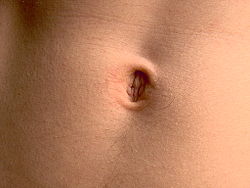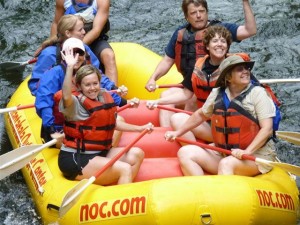After working though a myriad of logistical and communication challenges, I have come to have some appreciation for just how my professional and personal horions have been broadened through the lab visits over the summer.
On a personal note, it is amazing how far the routine lab bench work has come from the “stones and bones” era in which I earned by doctorate. So many processes have been standardized, put into kits, or automated compared to “back in the day.” It makes sense, since the flip side of this is that so many of the basic processes remain the same – people still extract DNA from varied samples, purify and quantify it, and then manipulate it in some way. THe more things change, the more they stay the same….A REALLY cool moment came when I met the Nanodrop – an instrument that can give an accurate reading of the DNA content in ONE DROP of sample, why, back in my time you had to sacrifice a fair portion of your sample just to quantitate it. Amazing!
An ongoing “Aha” has been my growing awareness of the concept of the microbiome. THis is really a relevant, personal, and totally cool area of science that I KNOW I haven’t given a fair amount of attention. As a speaker said yesterday in our group – when people think biodiversity they always
envision some sort of tropical rain forest but there’s a rainforest worth of bacteria in your bellybutton. Gross but SOOO COOL!
I know that my teaching will change as a result of this summer experience. I anticipate being an ambassador for the science content but also for the real world of exploration that perhaps some of my students can be inspired to enter.
Not bad for a summer, hmm?

